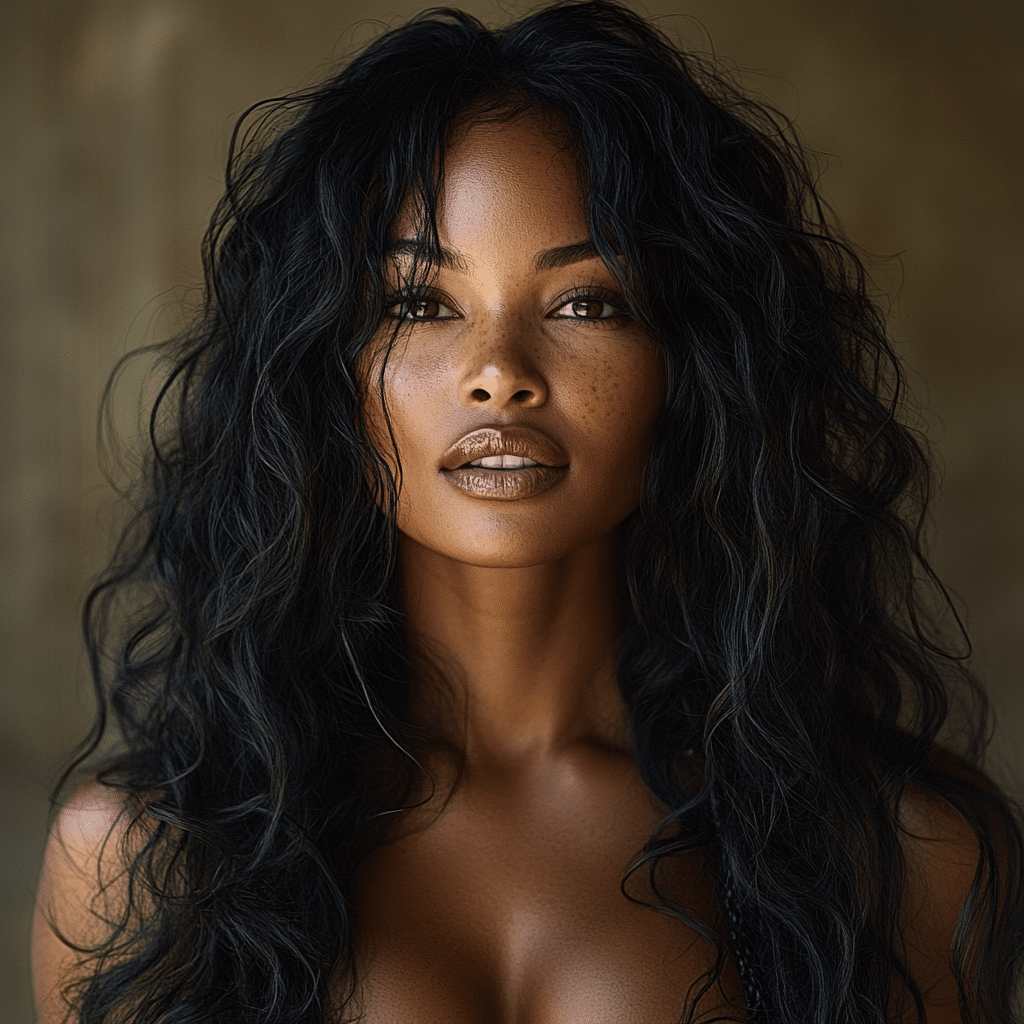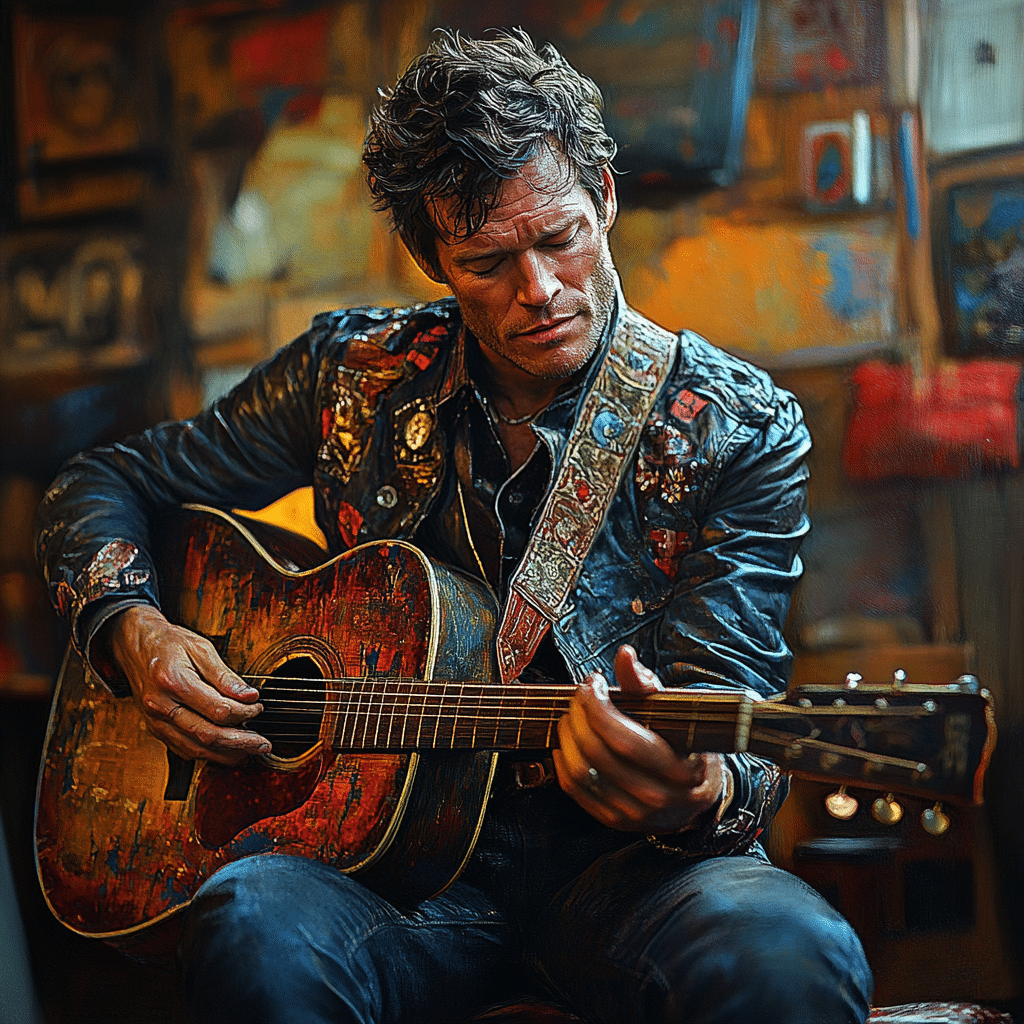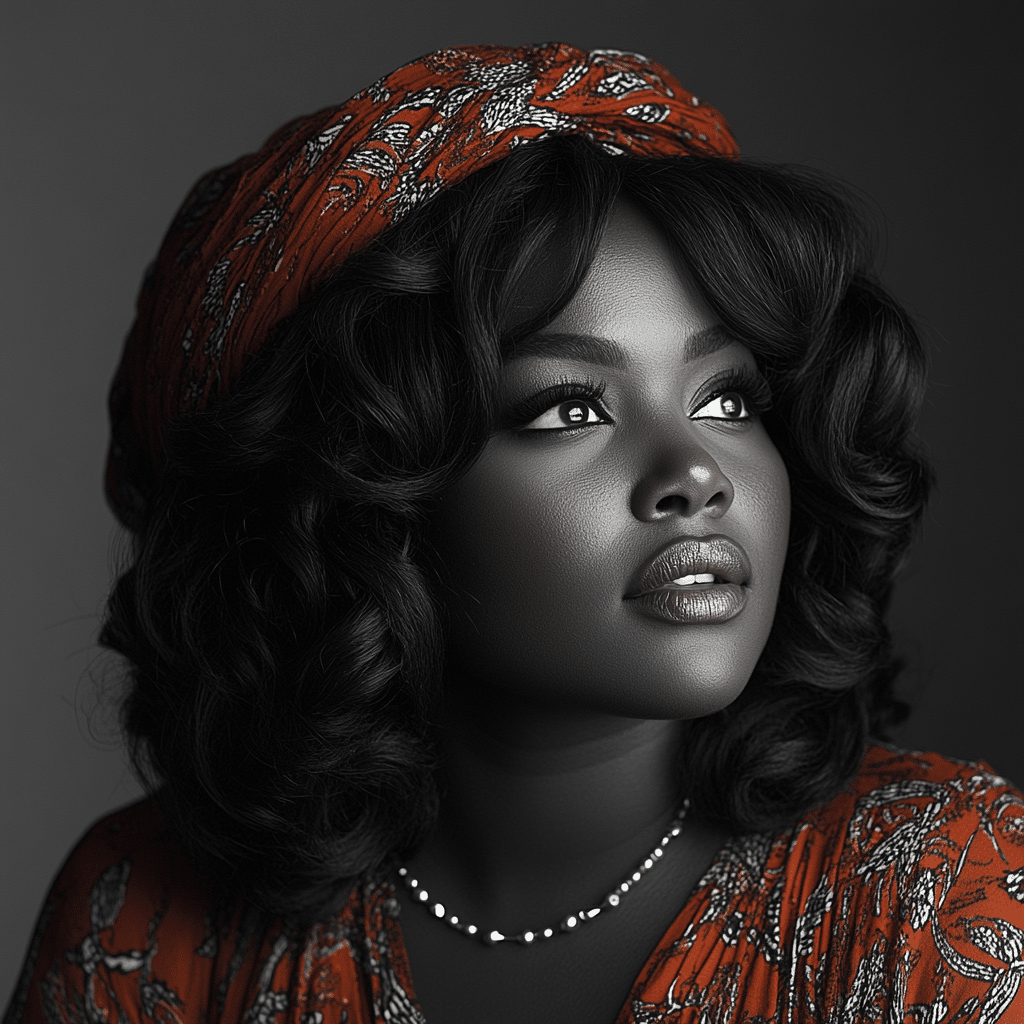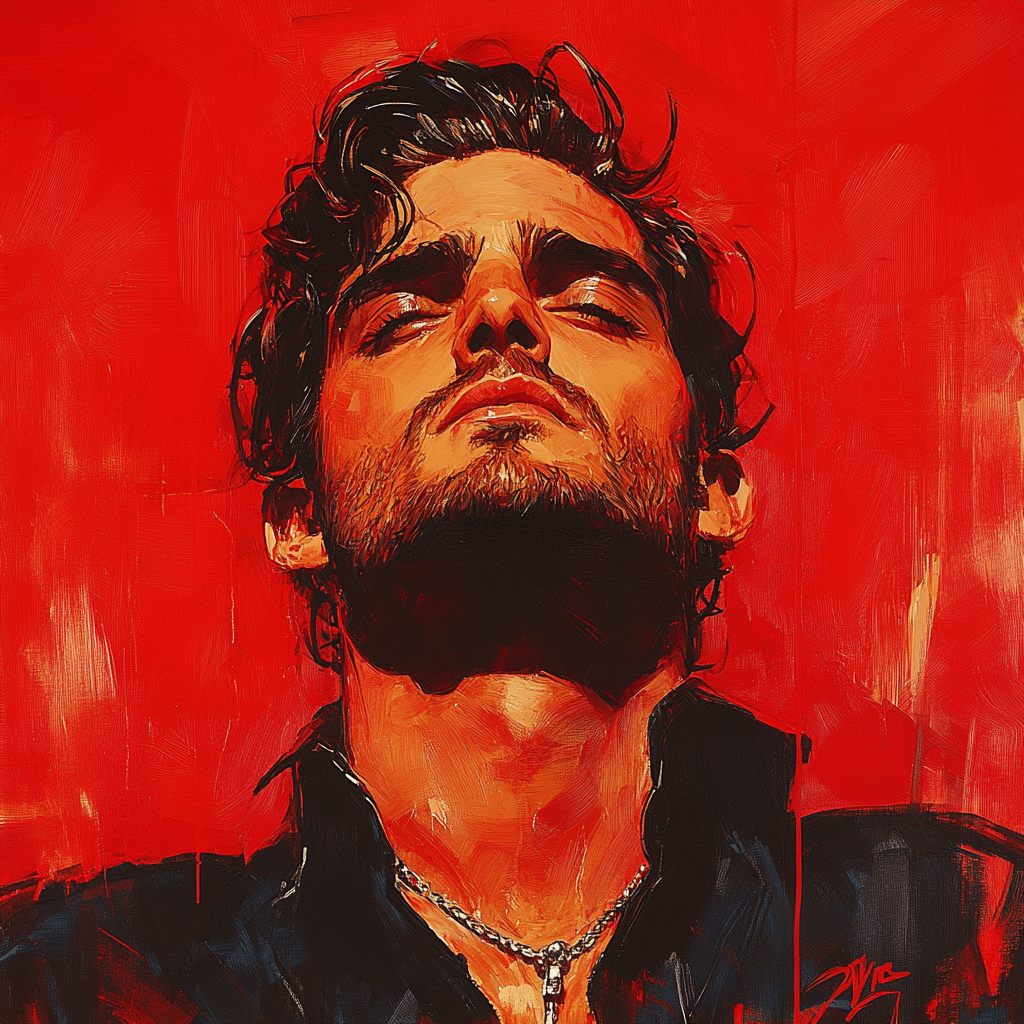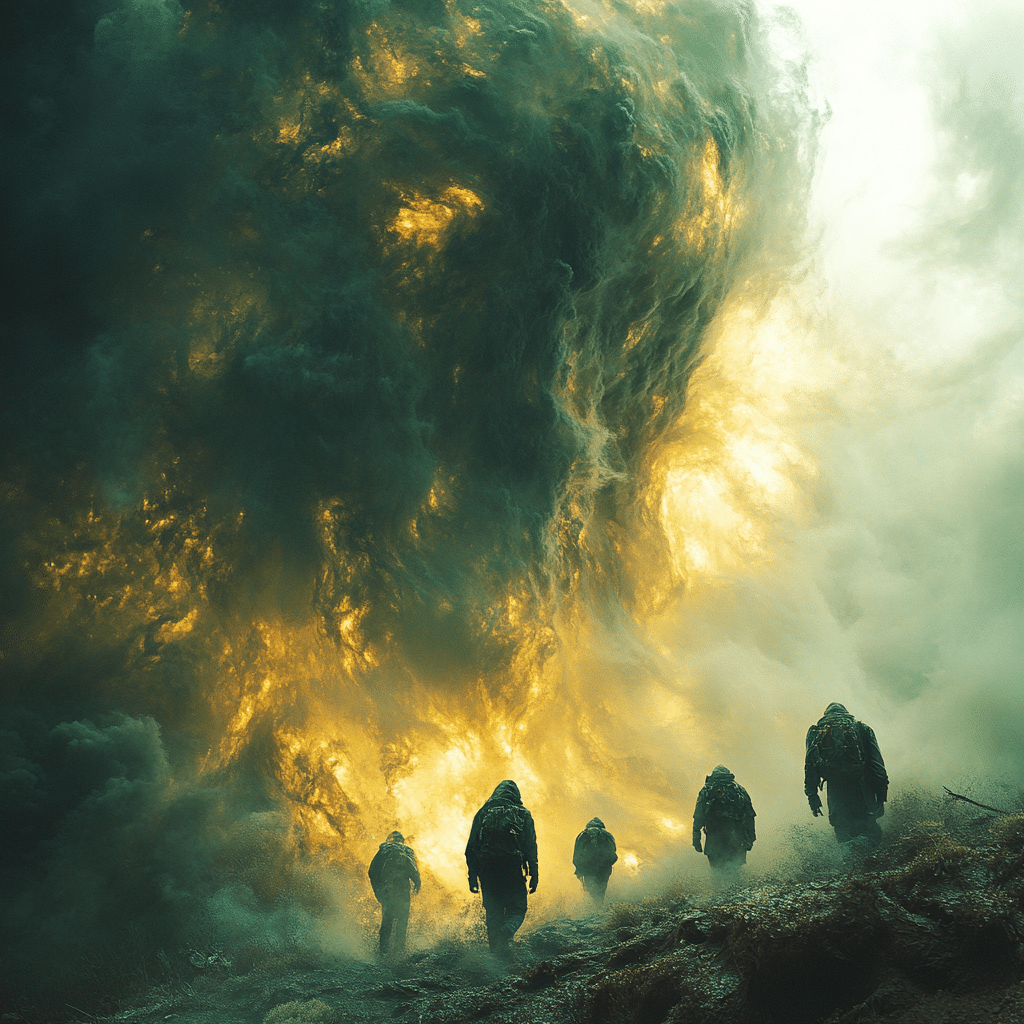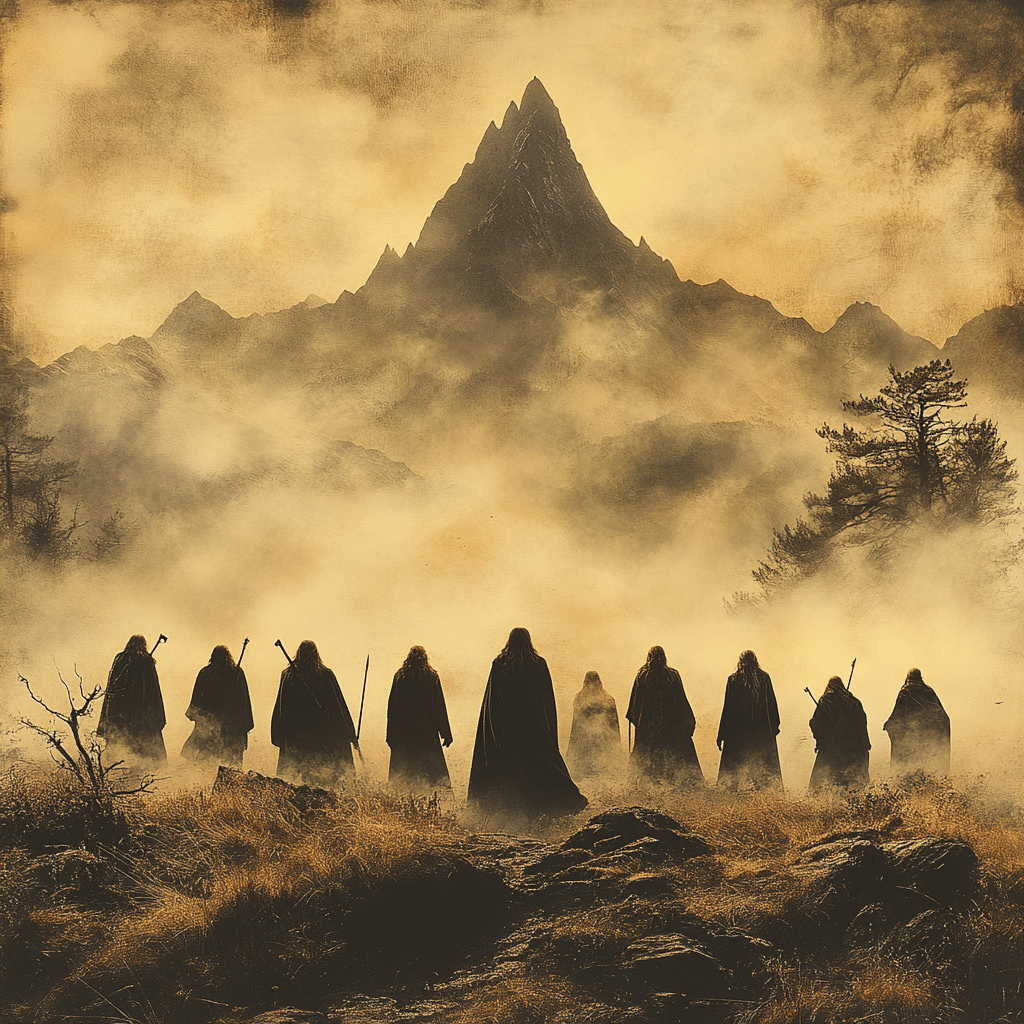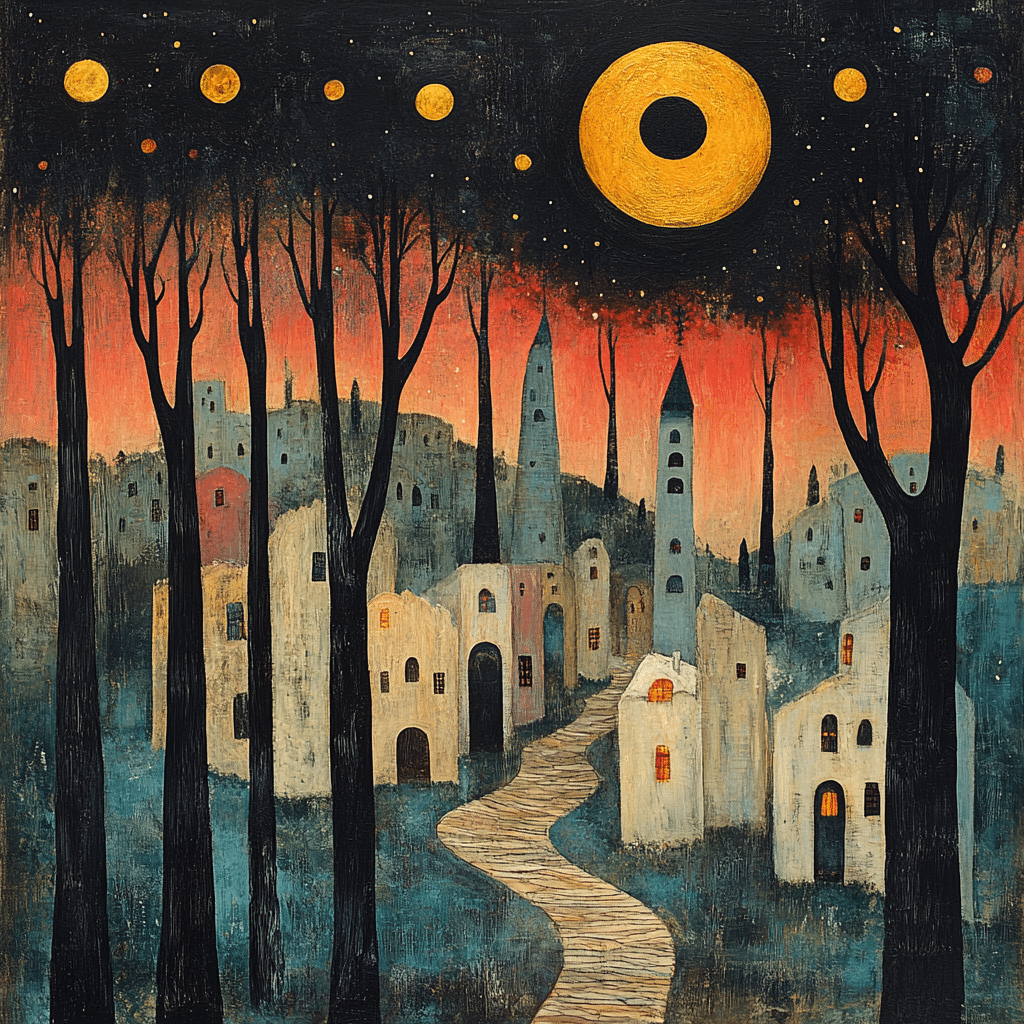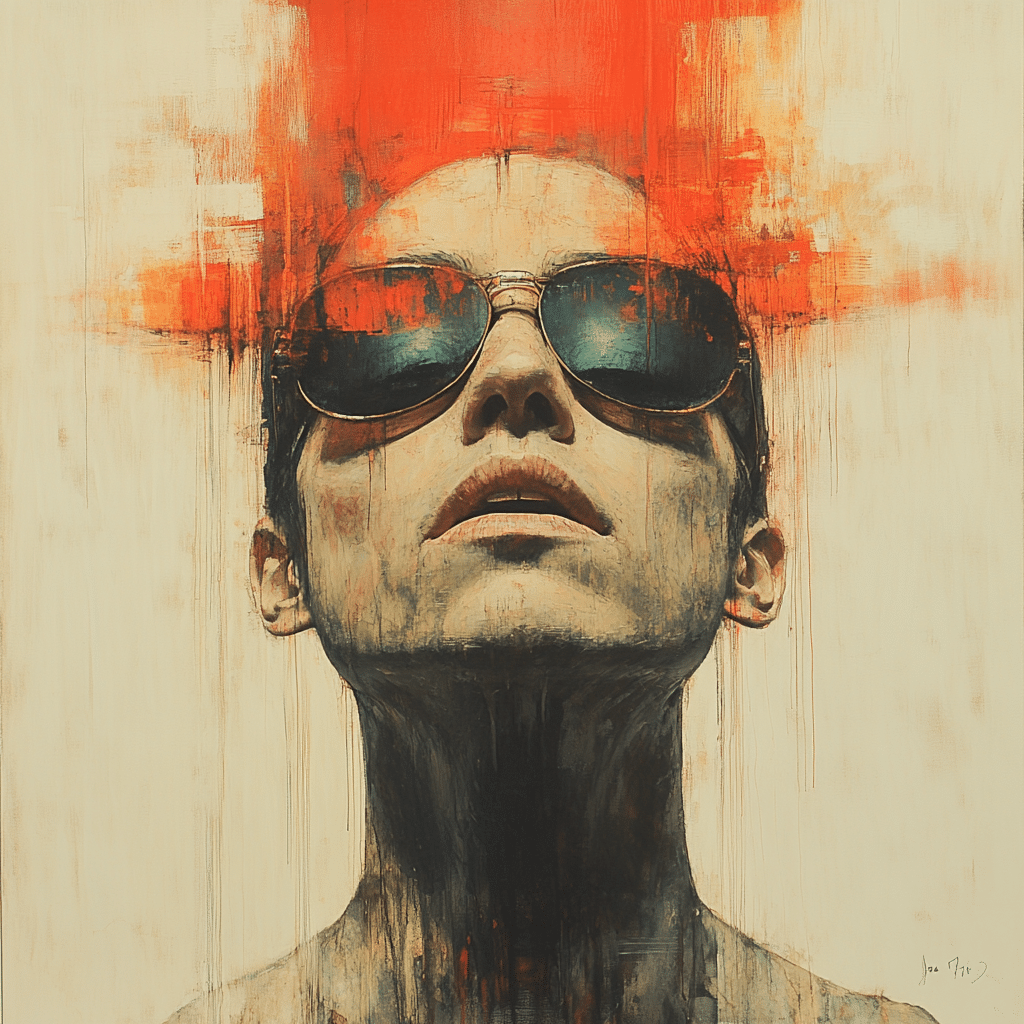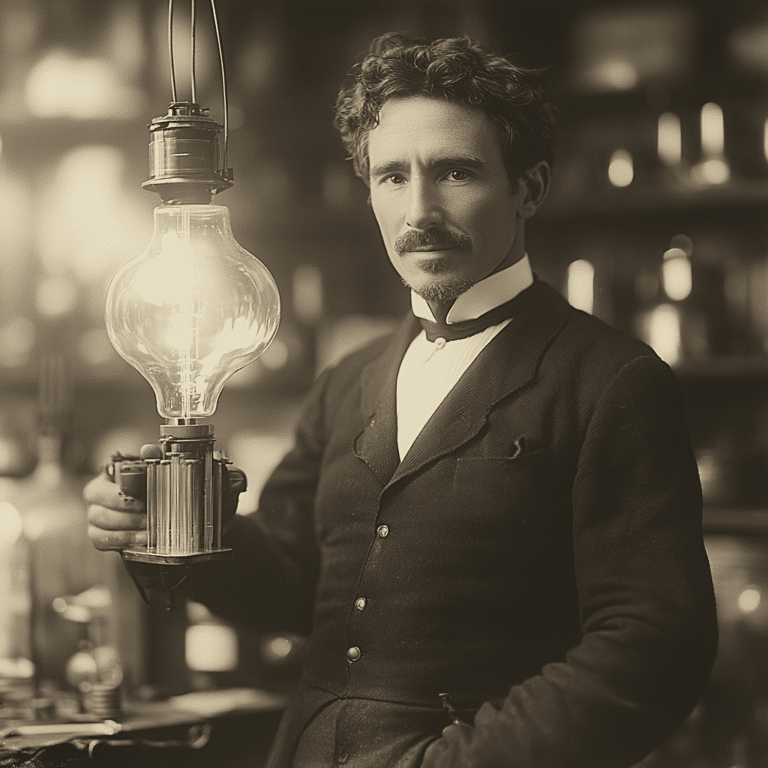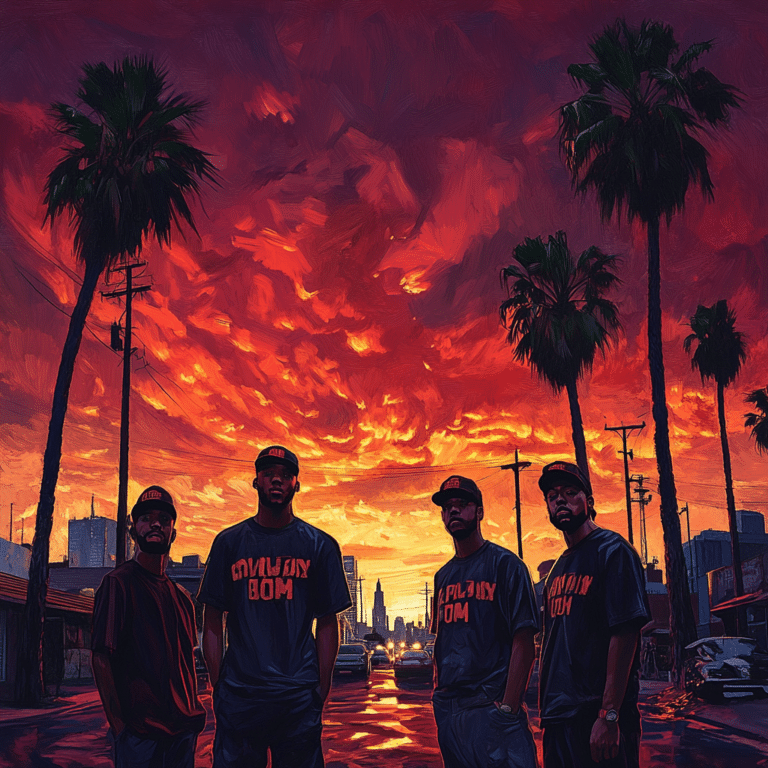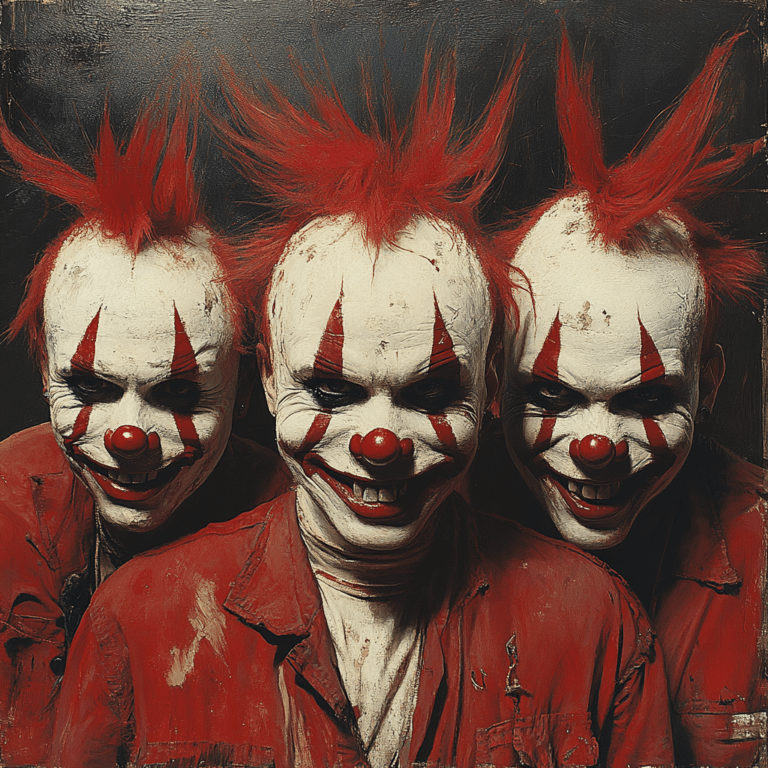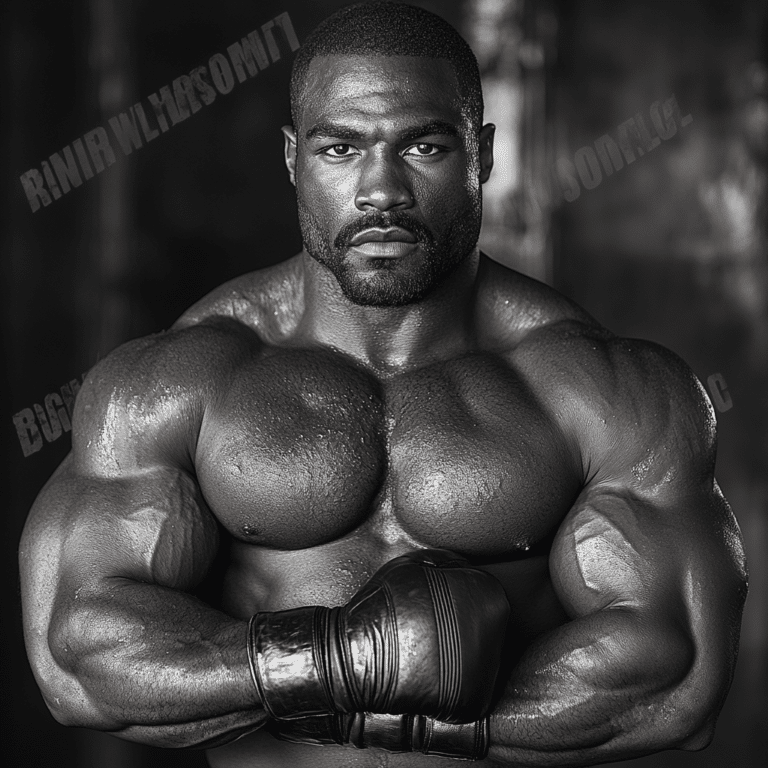The fourth season of Fargo, which aired in 2020, was quite the head-turner. Unlike previous outings that relied on quirky characters and wild storylines, Fargo Season 4 dove headfirst into serious themes like racial tensions and class struggles. Set against the backdrop of the turbulent 1950s, this season captivates audiences with its multifaceted characters and intricate narratives while reminding us of the societal dynamics that remain all too relevant today. So, let’s take a deeper dive into what makes Fargo Season 4 resonate and how it echoes issues we see in our world today.
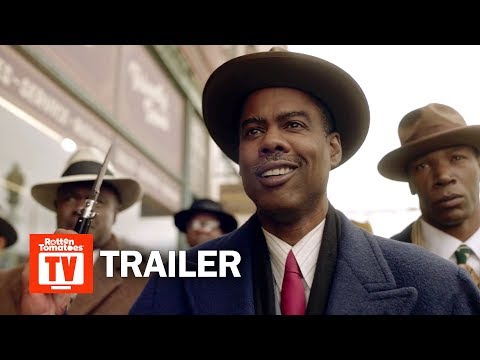
5 Key Themes in Fargo Season 4’s Exploration of Class Struggles

1. The Power Dynamics of Organized Crime
Fargo Season 4 gives us an inside look at the interactions between criminal empires, particularly highlighting the clash between the Italian and African American mobs. Here, criminal power dynamics reflect the greater inequalities in society. Enter Loy Cannon, brought to life brilliantly by Chris Rock. His character navigates the dangerous terrain of crime while grappling with systemic racial barriers. It’s a keen illustration of how ambition can collide with social reality, making us think twice about our own aspirations.
2. Racism and its Impact on Community Identity
The season doesn’t shy away from racism’s ugly grip. By telling the stories of African American characters, Fargo lays bare how prejudice disrupts community structures. It raises questions about identity and belonging that resonate deeply. This portrayal echoes elements found in other dramas like NCIS Season 21, where community tensions often underline the relationship between law enforcement and marginalized groups. The harsh realities explored here drive home the urgency for change and social justice.
3. Socioeconomic Divide
We can’t ignore the glaring contrasts between the lives of wealthy characters and those scraping by; it’s almost an art form in the storytelling. The affluent are often portrayed as dismissive and out of touch, which invites viewers to reflect on our own societal inequalities. This theme mirrors discussions seen in dramas like Fallout Season 2, where wealth directly affects moral choices and the inherent power struggle. The juxtaposition of characters effectively drives home the message: economic disparity creates significant societal rifts.
4. Family Loyalty vs. Individual Ambition
Family ties clash spectacularly with personal aspirations in Fargo Season 4. As families grapple for control in this shifting world, viewers witness poignant sacrifices made for the sake of success. This theme isn’t new; you can see similar dynamics at play within the Fargo Season 3 Cast, where family loyalty is often tested by competing interests. It’s relatable and, let’s be honest, kind of like watching your own family dramas unfold at Thanksgiving dinner—intense but captivating!
5. The Role of Law Enforcement
In typical crime dramas, law enforcement sticks firmly to the moral high ground. But Fargo flips that script, suggesting a murky undercurrent of corruption and complicity within the police. This portrayal offers a sharp critique of how justice often perpetuates systemic inequality. Think about how this theme is also evident in shows like NCIS. It serves as a reminder that sometimes, those meant to protect us can play a role in worsening social divides.

Characters that Embody the Class Struggle Narrative
Fargo Season 4 spices things up with a cast that brings these themes to life. Each character digs a little deeper into the societal issues at play, providing a rich tapestry of narratives to explore.
These characters are more than mere plot devices; they encapsulate ongoing struggles for justice, identity, and belonging. Such multidimensional portrayals transform Fargo Season 4 from a conventional crime drama to an insightful commentary on the quest for the American Dream.

What’s Next for Fargo Season 5 Cast?
So, what’s cooking in the Fargo universe? As fans itch for updates on Fargo Season 5, speculation blossoms. Historically, each season leaps into new conflicts and settings while staying true to the heart of class and race challenges. It’s exciting—and a bit nail-biting—knowing that the tradition of rich storytelling will persist.
Despite the mixed reviews for Fargo Season 4, including some saying it’s the weakest season of the series, it still holds its own compared to a lot of what’s on TV. There’s an underlying tension that games in all the right ways. Fans can hardly wait to see the Fargo Season 5 Cast tackle fresh narratives with the same blend of dark humor and poignant social commentary that has kept audiences glued to their screens.
As we look back at Fargo Season 4, it’s evident that the show stands as more than just entertainment; it’s a mirror reflecting the class struggles, identity crises, and the shifting landscape of America. While we eagerly anticipate future seasons, the mixture of stellar performances and sharp commentary promises to keep tugging at our conscience and challenging our perspectives. Just like that mini fridge from Walmart, Fargo holds a lot of stories in a compact space—never underestimate the power of what hides behind the door!
Whether you’re looking to binge-watch or dissect themes, Fargo offers layers upon layers that make it worthy of your time—mark your calendars for what’s next, and don’t forget to dive into the world it explores. It’s bound to resonate, spark discussions, and keep you coming back for more.

Fargo Season 4: Delving into Tension and Class Struggles
Behind the Scenes of Fargo Season 4
Fans of Fargo Season 4 will love the fact that its plot intricately weaves in themes of class struggle and racial tension, a nod to the real issues that America has faced for decades. Season 4 presents an engaging duality between the Italian and Black crime factions, cleverly mirroring age-old societal conflicts. Fun fact: while you’re diving into the tense moments of Fargo, you might catch reflections of Yellowstone season 3, which explores family disputes amid economic struggles, suggesting that turmoil runs deep in different genres. And speaking of deep themes, if you appreciate good storytelling, Supernatural Season 16 also amplifies emotional depth in its final episodes, showcasing how character arcs can transform narratives in ways that keep viewers longing for more.
The Cast and Crew
The cast of Fargo Season 4 is nothing short of stellar, featuring actors who bring their characters’ struggles to life with extraordinary flair. Fans might recognize Chris Rock, who plays the formidable leader of the Black crime syndicate, tapping into layered motivations that reflect today’s class divides. With such a powerhouse cast, it’s no wonder that The Great cast is often cited for its dynamic range as well. In fact, did you know that while filming scenes, the actors took inspiration from real-life stories? This genuine approach brings authenticity to the series, an element that also resonates in films like The Martian, where the cast’s performances were designed to spark both empathy and resilience in the face of adversity.
Cultural References and Easter Eggs
If eagle-eyed viewers look closely, Fargo Season 4 is riddled with clever cultural references, some of which may leave you chuckling or shaking your head in disbelief. For instance, in a nod to the absurdity of modern life, there’s an amusing moment featuring a mini fridge, a quirky reminder of how even the simplest objects can conjure up deep-seated memories. Isn’t it wild how something as mundane as a fridge can spark nostalgia? Moreover, a subtle wink at mainstream pop culture appears when characters engage in discussions reminiscent of current trends in media, including the ever-growing interest in adult animation, like the latest Hentai new release. These layers of humor amidst serious themes embody the charm of the Fargo anthology, keeping viewers on their toes and eagerly anticipating what’s next.
So, as you settle in to watch Fargo Season 4, take a moment to appreciate not just the surface-level storytelling but also the intricate web of references and social commentaries that are interwoven into each episode. There’s much more here than meets the eye!
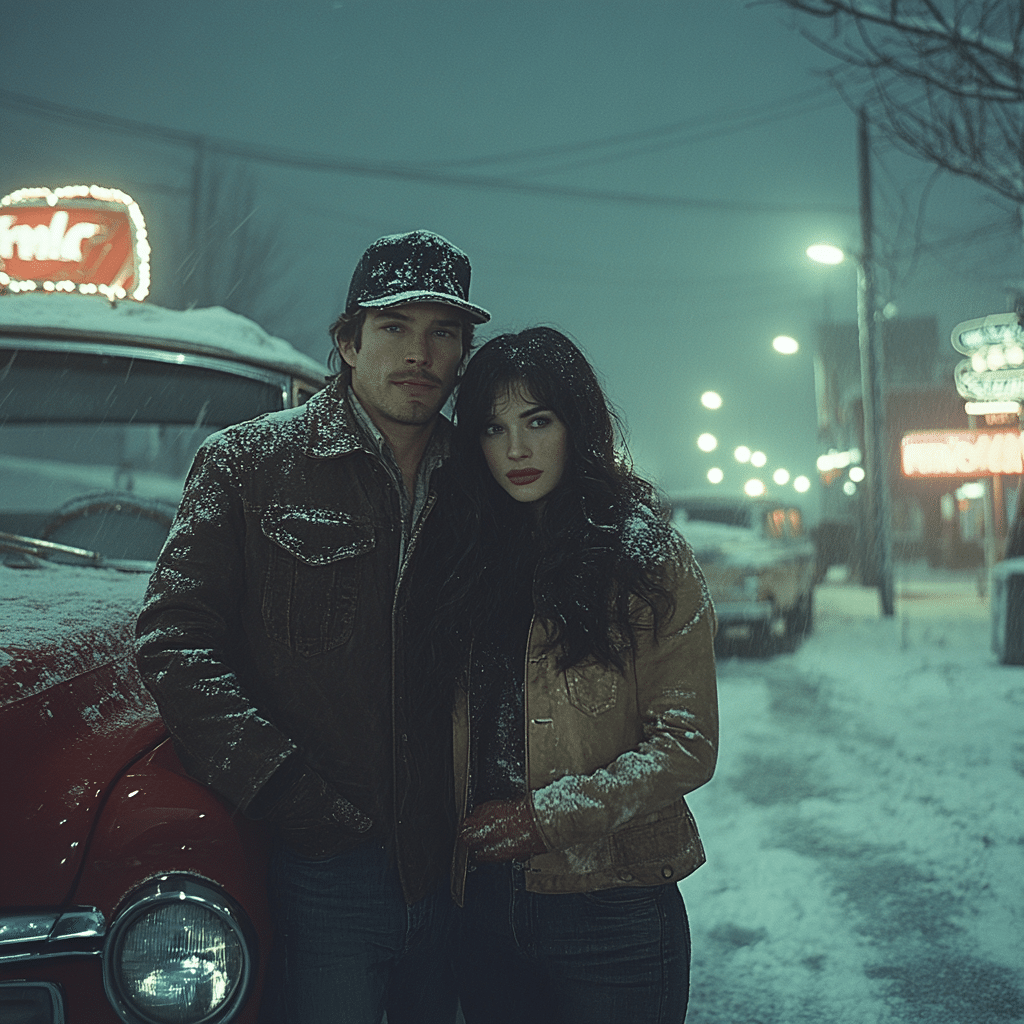
Why was Fargo season 4 so different?
Fargo season 4 took a different approach by tackling serious issues like racial tensions and class warfare, moving away from the quirky characters and bizarre plots fans were used to from earlier seasons.
Is Fargo season 4 the worst season?
While many viewers consider season 4 to be the weakest of the series, it’s still viewed as better than a lot of other shows out there, so it has its redeeming qualities.
Is Fargo season 5 connected to season 4?
Season 5 doesn’t have any direct connections to previous seasons, which is a bit of a surprise given the show’s history of Easter eggs and recurring characters.
Is Fargo season 4 good?
Though season 4 may not match the strength of earlier seasons, it still provides a worthwhile story crafted in a unique way, making it worth a watch if you’re a fan of the series.
Why is season 4 episode 9 of Fargo in black and white?
Episode 9 of season 4 is presented in black and white to create a distinct atmosphere and highlight its thematic elements, adding a fresh visual style to the narrative.
Was Margie pregnant in Fargo?
Yes, Margie was pregnant in Fargo; her pregnancy played a subtle role in her character’s development and added depth to the story.
What is considered the best season of Fargo?
Many fans and critics consider season 1 to be the best season of Fargo, given its strong storytelling and engaging characters that set the tone for the series.
Who was the ghost in season 4 of Fargo?
The ghost in season 4 is believed to be the spirit of an old mobster, adding a mysterious and eerie element to the story as it unfolds.
Can you skip season 4 of Fargo?
You could skip season 4 if you want, but you might miss some thematic connections and character developments that add depth to the overall series.
Is Ole Munch 500 years old?
No, Ole Munch isn’t 500 years old; he’s simply portrayed as a quirky character within the world of Fargo with some eccentricities.
Is Fargo coming back in 2024?
Fargo is indeed coming back in 2024, continuing to captivate its audience with new stories and characters.
Who is zero in Fargo season 4?
In season 4, Zero is a character who plays a pivotal role in the storyline, navigating the complex web of crime and conflict.
What part of Fargo Season 4 is true?
While Fargo does draw inspiration from real events, the series is primarily fictional, so parts of season 4 may include loose interpretations rather than direct truths.
Can I watch Fargo season 5 without watching season 4?
You can watch season 5 without having seen season 4, as each season typically tells its own standalone story, though there might be thematic links that enhance the experience.
Which season of Fargo is the most violent?
Season 4 is often noted for its violence, with several intense scenes that push the limits of the show’s gritty storytelling, making it one of the more brutal seasons.

